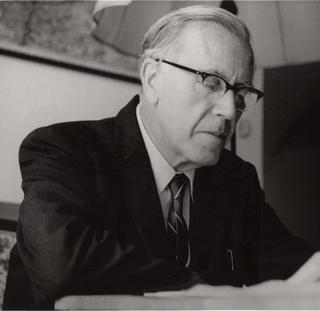A Quote by Michel de Montaigne
We are nearer neighbours to ourselves than whiteness to snow, or weight to stones.
Related Quotes
So when we sing, 'Draw me nearer, nearer, blessed Lord,' we are not thinking of the nearness of place, but of the nearness of relationship. It is for increasing degrees of awareness that we pray, for a more perfect consciousness of the divine Presence. We need never shout across the spaces to an absent God. He is nearer than our own soul, closer than our most secret thoughts.
The areas in which I teach are working-class history and African-American Studies and at its best the critical study of whiteness often grows out of those areas. The critical examination of whiteness, academic and not, simply involves the effort to break through the illusion that whiteness is natural, biological, normal, and not crying out for explanation.







































